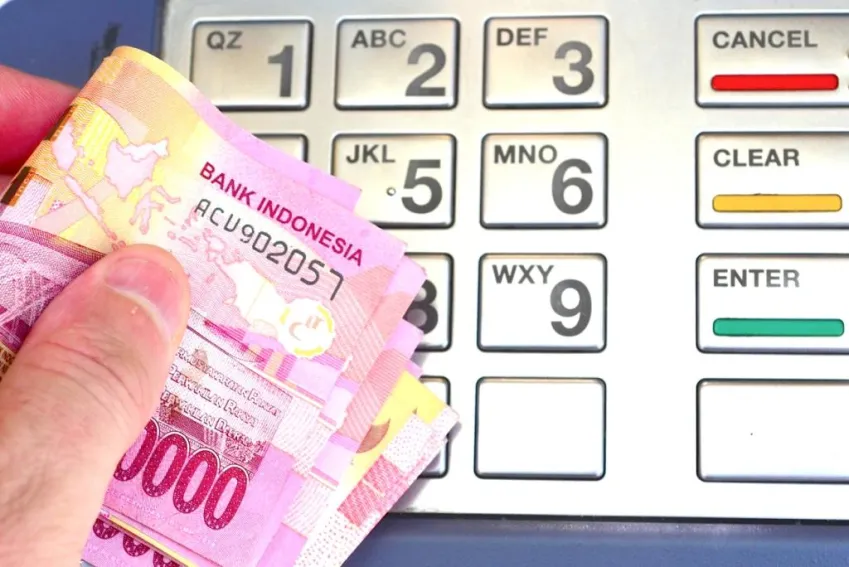
Indonesia steps up efforts to centralise payment system
Bank Indonesia is campaigning for the shift to the National Payment Gateway card.
Indonesia’s central bank has been actively campaigning for its residents to have their debit cards and electronic money cards exchanged for the National Payment Gateway (GPN) card, reports The Jakarta Post.
Also read: Indonesian banks shoulder growing bad debt burden
The mass production and use of debit cards with the GPN logo in electronic data capture (EDC) terminals are expected to be carried out by the second half of the year, Artajasa Pembayaran Elektronis business director Anthoni Morris told TJP.
Also read: How are ASEAN banks deploying real-time payment systems?
Launched in late 2017, GPN’s interconnected payment ecosystem allows customers to perform transactions like cash withdrawals from banks other than their own for a minimal cost. Prior to GPN’s roll out, debit cards can only be used on devices from the same bank.
Interbank transactions can also be made but are subject to an administrative fee around 2-3% of transaction value.
The application of GPN can save costs per transaction of up to $124.32m (Rp1.8t) per year, according to a report by the Ministry of Communication and Information Technology, as well as slash the value of domestic payment transactions that are performed overseas.
From an estimated transaction value using debit card with MasterCard and Visa of 1.73m (RP25b), transactions via foreigners through GPN were reduced to $1.22m (RP 17.7b) per day with the use of GPN.
Merchants can also save up on costs as they will no longer need to supply as many EDC machines in cash registers as customers can now make transactions with any EDC machine.
As of end-June, a total of 95 banks have already complied with regulatory requirements and linked up with two switching companies.
According to data from the central bank, around 937,000 GPN debit cards have already been printed with 497,000 already being issued to the public. BI targets around a third of the total commitment of NSICCS cards can be completed by the end of 2018.
Customers can exchange their existing debit cards with GPN debit cards in their respective bank and other exchange facilities held by banks free of charge.






![Lorem Ipsum [ABF 1]](https://cmg-qa.s3.ap-southeast-1.amazonaws.com/s3fs-public/styles/exclusive_featured_article/public/2025-03/a_hand_pointing_to_a_futuristic_technology_5b87c9d0e3_1.png.webp?itok=2w0y1WhS)


![Cross Domain [Manu + SBR + ABF + ABR + FMCG + HBR + ]](https://cmg-qa.s3.ap-southeast-1.amazonaws.com/s3fs-public/styles/exclusive_featured_article/public/2025-01/earth-3537401_1920_4.jpg.webp?itok=WaRpTJwE)








 Advertise
Advertise

